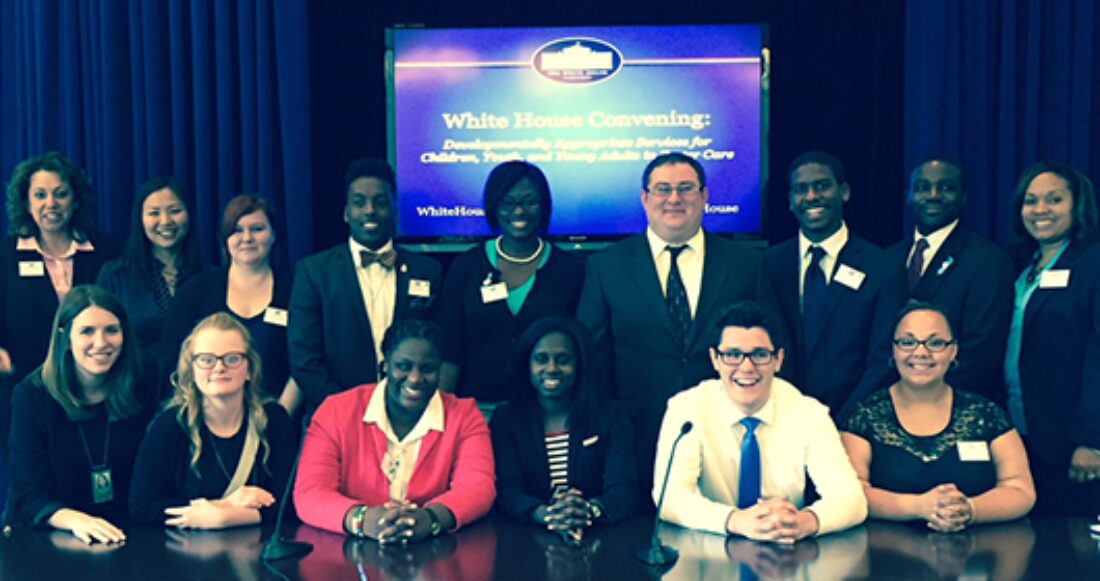In Pursuit of Normalcy: Better Care for Children in Foster Care

Patrick McCarthy, president and CEO of the Annie E. Casey Foundation, delivered opening remarks at a recent White House meeting, and his message was clear: Foster parents must have the support and freedom to parent responsibly and with each child’s needs and preferences in mind.
The gathering – officially called “White House Convening on Developmentally Appropriate Services for Children, Youth and Young Adults in Foster Care” – included former foster care youth, foster parents, leading researchers on adolescent development and child welfare directors from across the country.
The meeting’s youngest members spoke to the importance of giving children and youth normal and healthy experiences while in care. They discussed the value of earning a driver’s license or summer job – positive milestones that are critical to helping young people become successful adults, yet often out of reach due to liability concerns.
Their recommendations will help federal leaders guide states in their implementation of the 2014 Preventing Sex Trafficking and Strengthening Families Act, which has provisions aimed at improving youths’ experiences in foster care.
“The normalcy provision … is a huge step forward,” McCarthy said, referring to a section of the law that gives foster parents—and not an agency—the power to decide whether or not a child in their care can participate in normal and beneficial activities. “It encourages and allows foster parents to actually parent. It allows them to use their judgment and their knowledge of the individual children and youth in their care and the relationship with those children and youth.”
The Annie E. Casey Foundation and its Jim Casey Youth Opportunities Initiative, which served as philanthropic partners with the Children’s Bureau and the White House, co-hosted the meeting. A series of panels aimed to help states effectively apply the normalcy provision (Two of these sessions are on video: Best Practices on Normalcy and Neuroscience, Resilience and Foster Care). The panels also highlighted successful state efforts to train foster parents on adolescent development and greater parental decision-making.
The meeting’s conversations were encouraging, according to attendee Sixto Cancel, who spent much of his youth in the child welfare system. “One of the exciting things that we’ve heard from our panelists is also emphasized in The Adolescent Brain paper – there’s an opportunity to re-wire the brain,” said Cancel, a Young Fellow with the Jim Casey Youth Opportunities Initiative. “That means we can provide youth in care with the developmental experiences that are the milestones needed in order to develop and thrive.”






